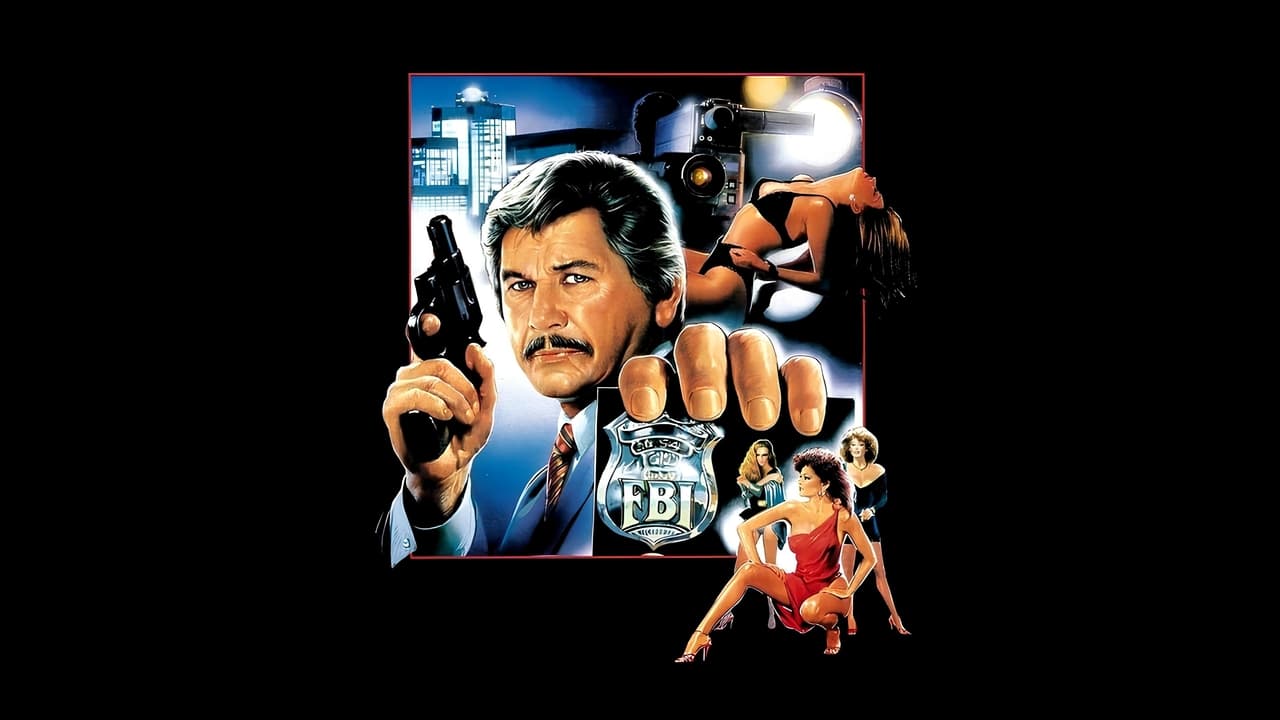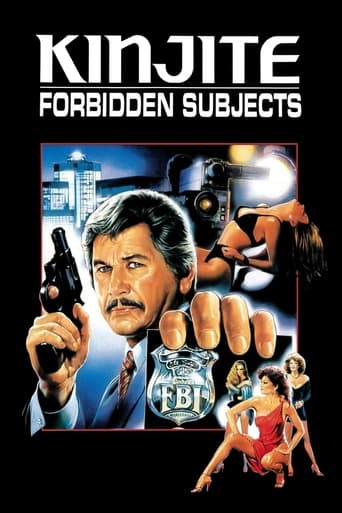

I can only wonder how Lieutenant Crowe (Charles Bronson in a role almost made for him I guess) would respond now to "Japanese influence and infiltration" in American society such as manga, sushi, and Pokemon Go? I also wonder how Lieutenant Crowe would have felt about the US military bases in Japan? Or Tokyo Disneyland? Hopefully the Lieutenant would show some respect to Judge Lance Ito if the Lieutenant had to present evidence in court.Maybe a sequel should deal with Lieutenant Crowe realizing that not all Asians are "the same", just as not all Europeans are "all the same", and that some people cannot tell the difference between Americans and Canadians and Germans and Irish and Scottish. I'd love to hear Lieutenant Crowe's on post-apartheid South Africa.I wonder if the Japanese or Asian actors who appeared in this movie had any idea what they were getting into. I know actors are professionals who have to earn a living, and Hollywood roles for Japanese or Asian actors aren't abundant, so I guess they had to be professional about it and scrap for any Long Duk Dong role out there.
... View MoreWith more holes than a sunken U-boat, and more cheese than a medium pizza, Kinjite still manages to entertain those who are fond of Bronson, or those who are fans of the more gritty action films of the era. The film has strong moments, but it also suffers at times from overly lazy dialogue, direction and overall storytelling, and it's hard to forget the painfully bad 80's music in this film. The fight scenes are also far from great, however there is enough grit, sleaze and action to make the film a worthy watch for many. The film is undoubtedly a fairly confused morality tale, or perhaps a morality tale within a confused society is the better way of describing it. In the end, the film does rely on a sort of karmic justice to satisfy it's audience, and to a decent degree, it works, at times however it just leaves us asking some very strange questions. Of other note, there is an early but very small appearance by Danny Trejo in the film, as well as a decent performance from a very young Nicole Eggert, as well as a strong performance by the little known but hard to take your eyes off of Amy Hathaway. Worth a look for some, but not to be touched with a ten foot pole by others. My rating... 5.5/10
... View MoreKinjite is actually a Japanese martial arts terminology meaning "Forbidden Technique". Something that's so ruthlessly potent that it is forbidden from usage.Well, we have Golan-Globus production action movie featuring Charles Bronson. If you haven't seen Charles Bronson's earlier movies, and seen this, you'd think he's another B movie actor. I have nothing against Golan-Globus films. They put out some good action movies during the '80s starring other luminaries such as Chuck Norris and Sho Kosugi. But this movie is bit below Charles Bronson's acting capability. The movie itself is not bad. It's about par for other Canon film's production of the time, and is quite entertaining to watch.So I'm ambivalent about this movie. If you came to see a Canon film movie, you came to the right place, but if you came to see a Charles Bronson film, you might be disappointed.Cinematography is very good as is in most of Golan-Globus produced films. Each scene is crisp and clean with beautiful colors.Bottom line is, this is above average action movie of the genre, and worth watching if you like '80s style action movies.
... View MoreThe final film of veteran British director J. Lee Thompson, and his ninth collaboration with Charles Bronson, is not the kind of film which wins critical plaudits. Ostensibly a genre piece sitting somewhere between neo-noir, police thriller and vigilante exploitation film, this is actually for the most part an intense and somewhat daring plunge into the murk of machismo, social hypocrisy and male violence against women, children and each other.Bronson plays Crowe, a Los Angeles cop heading for retirement who has developed a consuming passion to nail a local pimp, Duke, who specialises in teenage prostitution. Crowe begins at full throttle, torturing a businessman found engaging in sado-masochistic sex with a minor, it is implied by turning a large and forbidding dildo on him. Not surprisingly, Crowe worries when he gets home that he is becoming as bad as the scum he hunts, yet at home he seems more worried by the fact that his teenage daughter is now indulging in heavy-petting with boys her own age (Crowe's wife has a more liberal, tolerant attitude). In the meantime, the film is following the story of a Japanese businessman, Hiroshi, who is being schooled in Western ways (he must learn that some things are, in the West, "kinjite forbidden subjects") whilst at the same time getting unhealthily interested in teenage girls. Early in the film, Hiroshi sees a nymphet being touched up on the underground, and with this incident he becomes sexually obsessed. Hiroshi is then posted, with his wife and two young daughters, to Los Angeles. By coincidence, not only does he drunkenly molest Crowe's daughter on the bus one night, sending Crowe into a racist frenzy, but also when Hiroshi's own daughter is kidnapped, raped, addicted to drugs and pimped by Duke, Crowe is the investigating officer. What follows is a somewhat genre-typical hunt for the girl, ending in the massacre of Duke's crew and the arrest of Duke (and also the suicide of the girl) but it never comes out that Hiroshi was the man who molested Crowe's daughter.The plot is as lurid, nasty and discomforting as could be imagined. What is remarkable is the way the script refuses the audience its usual comforting vigilante thrills. Crowe tortures, harasses, murders and generally turns the tables on the scum of the night, but he is clearly shown to be not that different from them himself. He is a racist and a chauvinist, and he comes very close to admitting that his protectiveness towards his daughter is not fatherly but something far more jealous, sexual and unhealthy. His propensity for anally violating his enemies should give any viewer pause for thought, and the end makes it clear that Crowe's form of "justice" has a sexual-sadistic governance he ensures that Duke is locked in a cell with a rapist and will be used as a sexual slave throughout his incarceration. This finale is the film's most shocking and eye-popping moment, especially given the way in which the American prison system in general uses prisoner rape as a method of punishment and control in US jails. Kinjite Forbidden Subjects seems to be nailing US justice as a mask of hypocrisy, which gets sadistic pleasure from meting out severe retribution in a country where formal hypocrisy covers the truth that the men who institute justice have, beneath their skins, the same desires as the pimps, paedophiles and perverts.Kinjite Forbidden Subjects tells the story of three remarkably similar men Crowe, Hiroshi and Duke all of whom enact their part as alpha male individuals, aggrandizing themselves and demeaning women and children as chattels, subordinates and secondary citizens. This is not a film to make any liberal viewers happy human life is seem as Darwinian and inherently corrupt but it also radically challenges masculine self-perception, making it something more than the reactionary shoot-'em-up we might expect from the genre and this star. It just goes to show that radical cinematic visions crop up in the least expected places, most often in the films "respectable" critics would dismiss as kinjite forbidden subjects
... View More